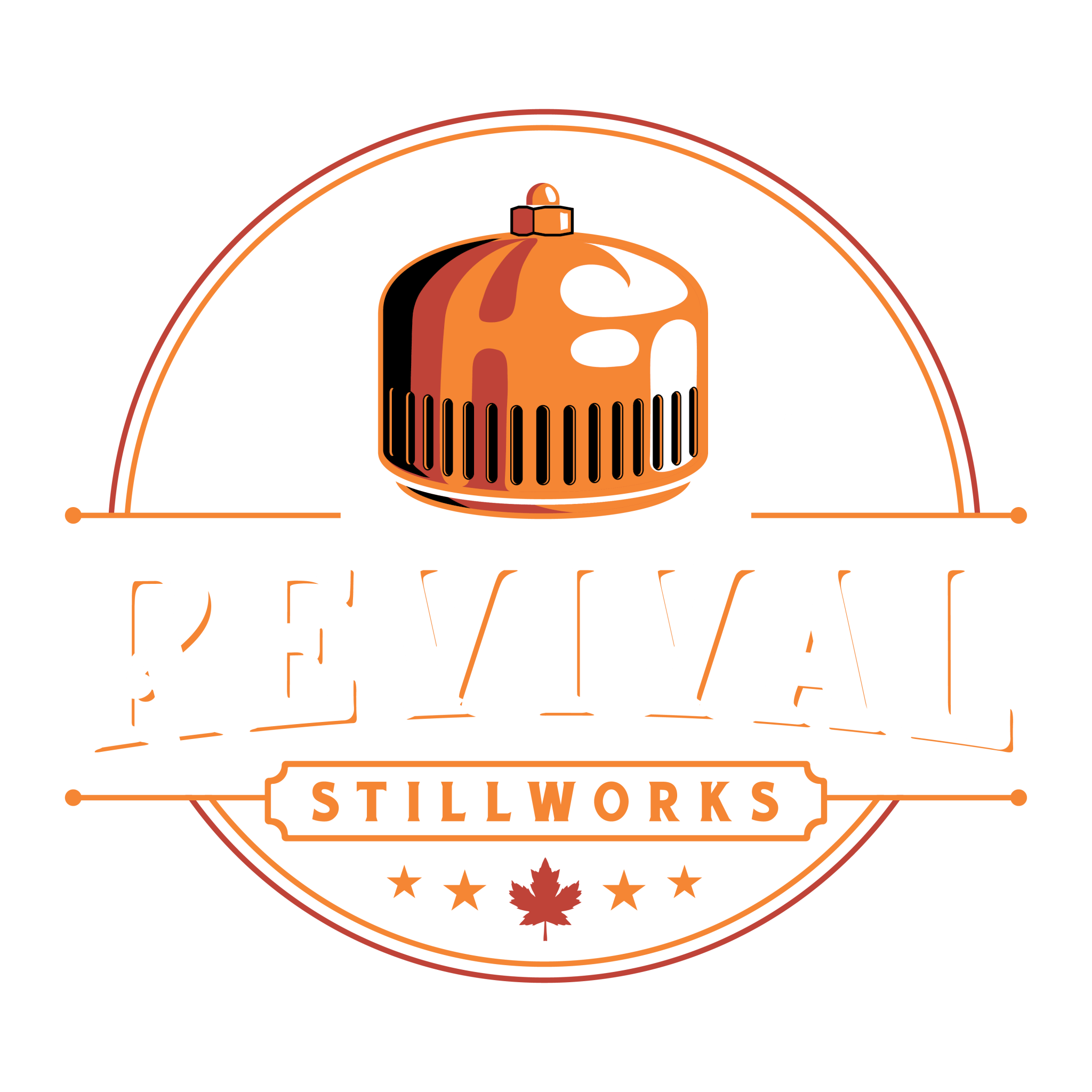Distilleries for Breweries
As a brewery or brewpub you possess resources that make it more economically viable to start a distillery and subsequently diversify your revenue streams. Please refer to the information below to see if adding distillation to your establishment is right for you.
If you still have questions, please drop us a line and we’d be happy to chat.
As a brewery your most viable path to market may include:
producing: |
Vodka, which can also be used to produce gin and Ready to Drink beverages (RTD's) |
Aged products such as whiskey (bourbon, rye, single malt) |
utilizing raw ingredients you may already have: |
Malted barley |
Wheat |
Rye |
Corn |
utilizing production equipment you may already own: |
Mash vessels, lauter tuns, fermenters, boilers, chillers, ancillary tanks |
Bottling/Canning equipment, bright tanks |
generating revenue from: |
New product sales |
Contract distilling for other breweries |
Products made from beer and grains
Whiskey | Vodka (NGS) | Gin | RTD's |
|---|---|---|---|
Whiskey can be produced from beer or fermented grain mashes. Grains used include malted barley, rye, wheat, corn. | Vodka can be produced from any type of mash. Wheat mash is fairly common and can yield excellent vodka. Produce vodka requires a rectification column in your distillation system. | Gin is produced using distilled vodka (NGS) as a base. The vodka is Infused with botanicals and re-distilled resulting in gin. | Ready To Drink beverages or RTD's are pre-mixed canned or bottled beverages. RTD's usually use vodka as a base but can be produced using gin or whiskey mixed with juice, tea or other flavors. |
Whiskey |
|---|
Whiskey can be produced from beer or fermented grain mashes. Grains used include malted barley, rye, wheat, corn. |
Vodka (NGS) |
|---|
Vodka can be produced from any type of mash. Wheat mash is fairly common and can yield excellent vodka. Produce vodka requires a rectification column in your distillation system. |
Gin |
|---|
Gin is produced using distilled vodka (NGS) as a base. The vodka is Infused with botanicals and re-distilled resulting in gin. |
RTD's |
|---|
Ready To Drink beverages or RTD's are pre-mixed canned or bottled beverages. RTD's usually use vodka as a base but can be produced using gin or whiskey mixed with juice, tea or other flavors. |
General Guidelines
As with any new business, achieving positive cash flow as soon as possible is essential. Keep in mind most whiskeys will require aging of 3 - 12 years resulting in delayed revenue. While a portion of your whiskey is aging, focus on creating vodka or NGS, from which you can produce gin and RTD’s. All of which will help establish more immediate revenue streams.
In addition, look at ways of incorporating your distillation runs that allow you to improve overall operational efficiencies such as distilling during your slower brew seasons or down times.

